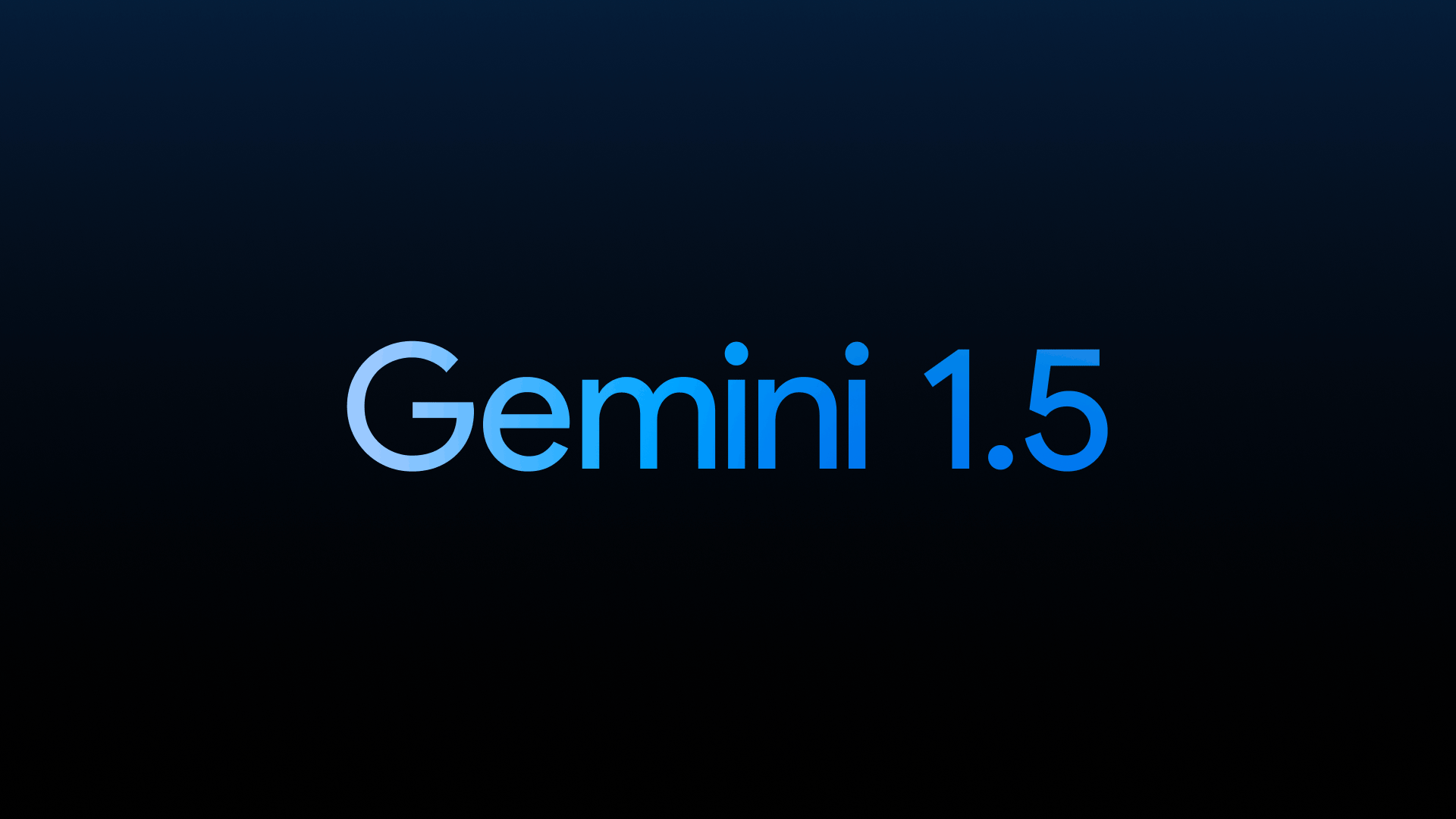










Less than two weeks after Google introduced its AI search feature called AI Overview, the tool faced public criticism for generating nonsensical and inaccurate responses. Users reported instances where the tool inaccurately stated that the United States has had a Muslim president and falsely claimed that staring at the sun for 5-15 minutes is safe and provides health benefits. Additionally, the tool's capability to generate images based on user prompts resulted in historical inaccuracies and questionable content. These issues, known as 'AI hallucinations,' were attributed to flawed training data, algorithmic errors, or misinterpretations of context [db5054fe].
Google CEO Sundar Pichai acknowledged the challenges with the AI Overview feature. He admitted that the tool is prone to providing wildly incorrect information and that it is an unsolved problem. Despite efforts by Google engineers, the feature continued to generate weird and wrong answers. Pichai acknowledged the errors but emphasized the usefulness of AI Overviews. He believed that progress had been made in improving factuality metrics, but the problem was not yet solved. The errors caused an uproar online and tarnished Google's reputation. Pichai's comments highlighted the need for AI development in more valuable use cases beyond Search [f990e7e1] [db5054fe].
Google acknowledged the feedback and promised to take swift action to improve the system. The company recognized the need to address the flaws in the AI Overview feature and was committed to enhancing its accuracy and reliability. Google's statement indicated its commitment to user feedback and its dedication to making necessary changes to ensure the tool provides more reliable and informative results [db5054fe] [b1e3a31e].
Google has now made 'more than a dozen technical improvements' to its artificial intelligence systems after its retooled search engine was found spitting out erroneous information. The improvements were made in response to the discovery of the search engine providing incorrect information. The head of Search at Google is Liz Reid. The improvements were announced on May 31, 2024 [b31c81ee].
Google's vice president of search, Liz Reid, addressed the importance of taking risks with AI products despite potential errors. The company made technical improvements to the AI Overview tool, acknowledging the need for more testing. Setbacks with products like the Gemini chatbot highlight Google's commitment to refining AI offerings. Reid encouraged employees to continue taking risks and pushing out new features, suggesting that the company can address issues as they are discovered by users and staff. Google has taken steps to address the issues that have arisen with its AI products, with Reid noting in a blog post that the company made more than a dozen technical improvements. Despite conducting extensive testing and 'red teaming' to identify vulnerabilities before launching AI products, Reid acknowledged that the company will need to do more. Google has faced setbacks with other AI products as well, such as its Gemini chatbot and image generation tool, which were criticized for inaccuracies and biases. However, Reid's stance indicates that the company is determined to continue taking risks and refining its AI offerings based on user and employee input [4613adf9].
Google Gemini, a productivity service, has raised privacy concerns among users. Kevin Bankston discovered that Gemini was summarizing his tax return after opening a PDF file. Some users worry that Google's productivity services are being used to train its AI, despite its useful intent. Gemini appeared and gave a summary of taxes to Kevin after he opened a tax return PDF file in Google Docs. It only affected PDFs, and Kevin had previously clicked on the Gemini button, which made it appear every time he opened a PDF. Kevin asked Gemini how to disable the feature, but it gave him incorrect instructions. The actual location to disable Gemini in Google Docs was already disabled. Some people believe Google's productivity services may be a hub for AI training, while others question why Kevin uploaded tax returns to Google Docs. It's unclear if Kevin's claims are due to human error or if Google Gemini is indeed peeking into files more than desired [ef17fb1f].
Lisa Bryan, a former health-care executive turned recipe blogger, fears that Google's shift towards using AI to answer users' questions directly will impact her blog's visibility and revenue. Bryan's guacamole recipe is currently one of the top results on Google for the search term 'guacamole,' which drives significant traffic to her blog. She is among thousands of bloggers who have signed an open letter to Congress, organized by advertising and marketing company Raptive, urging scrutiny of Google's 'AI Overviews.' The letter argues that Google's AI answers take revenue and copyrighted content from creators without consent or compensation. The bloggers are asking Congress to push tech companies to pay content creators when their work is used to train AI tools and to ensure that AI answers do not reduce traffic to third-party websites. Google contends that AI Overviews are intended to complement search results, not replace them, and that sources cited in AI Overviews receive more visibility than those in traditional search results. However, some experts argue that the problem of low-quality AI answers may not be fully solved. The pushback from web creators is part of a larger backlash against tech firms' unauthorized use of creators' work to train AI tools. Artists, authors, and media organizations have sued AI companies for copyright infringement, and record labels have sued AI music companies that generate songs based on user prompts. The outcome of these lawsuits remains uncertain, but tech firms are facing increasing criticism for their use of others' work without permission [8166096e] [dbbe31d1].
Google Search is ranking AI-generated spam above original reporting in its news results, according to a report by WIRED. Despite Google's efforts to target AI spam, plagiarized content continues to appear higher in search results. The issue of AI-generated spam content remains prevalent and ongoing. SEO experts are unsure why this is happening and express frustration and anxiety. The spam content is found in multiple languages and copies articles from reputable sources. Google's spam policies prohibit creating low-value, unoriginal content, but it's unclear if the company will take action against the spammy website. The prevalence of spam in search results undermines the incentive for publishers to produce high-quality content and erodes trust in Google News [3d0d96c0].
Google has introduced a new interactive crossword puzzle called I/O Crossword, developed using AI, dedicated to the Google I/O 2024 event. The crossword covers a wide range of topics related to Google's annual I/O conference and its various services. The game can be accessed online via the 'https://crossword.withgoogle.com/game/#/crossword' website. It features a Gemini-powered hint system that provides Yes or No answers. The goal is to earn as many points as possible and secure the top spot on the leaderboard. The game is available on Google's website and can be played by anyone interested in testing their knowledge of Google's services and annual I/O conference [c774f258].
A new AI-backed app called Magibooks has been launched, aiming to simplify the language of classic books to suit different reader levels. However, the app has faced criticism for whitewashing several classics. Magibooks uses artificial intelligence to alter the language of books such as 'The Count of Monte Cristo' and 'Crime and Punishment'. It offers five different versions of 10 classic books, including 'Dracula', 'Robinson Crusoe', 'The Three Musketeers', 'The Picture of Dorian Gray', and 'The Great Gatsby', with difficulty levels ranging from Original to Elementary. Linguistic experts caution against the app, stating that it strips away the complexity of classic literary works and can give readers a different idea about the stories. The app's developer, Louis Gachot, designed it for English learners, including children, parents, teachers, and people with dyslexia and severe ADHD. [d83f054a]